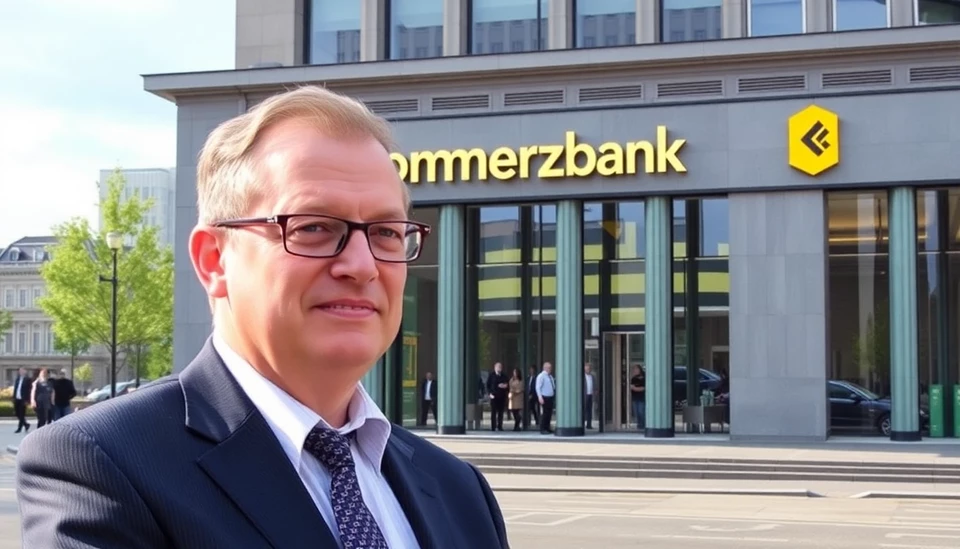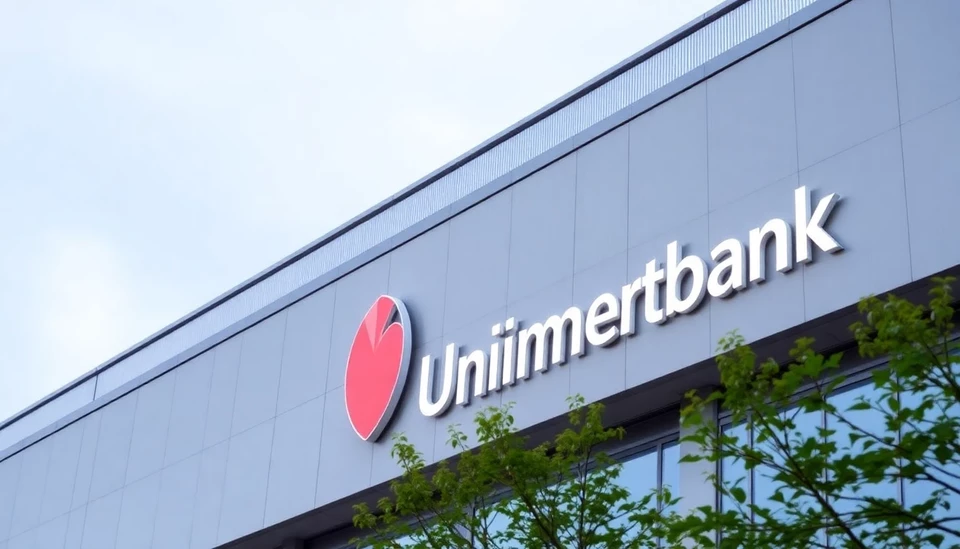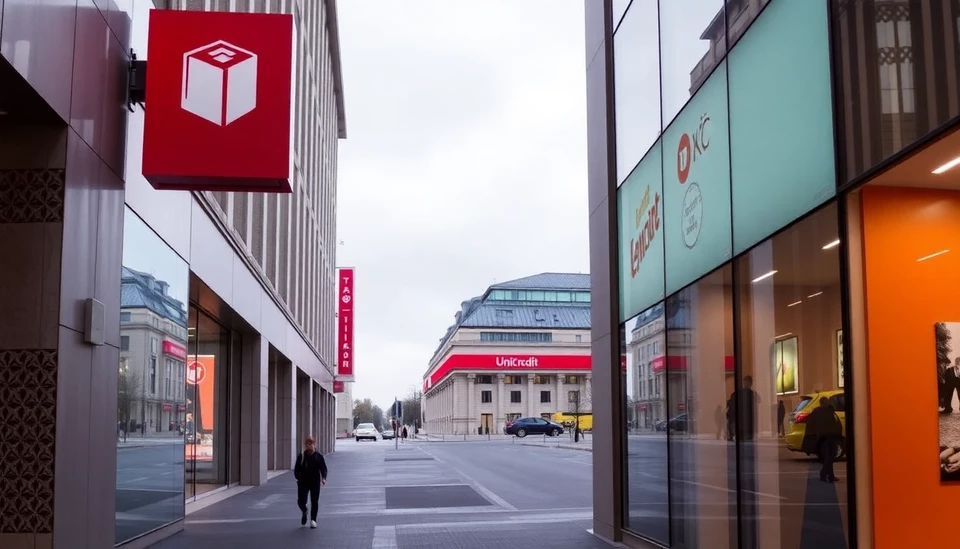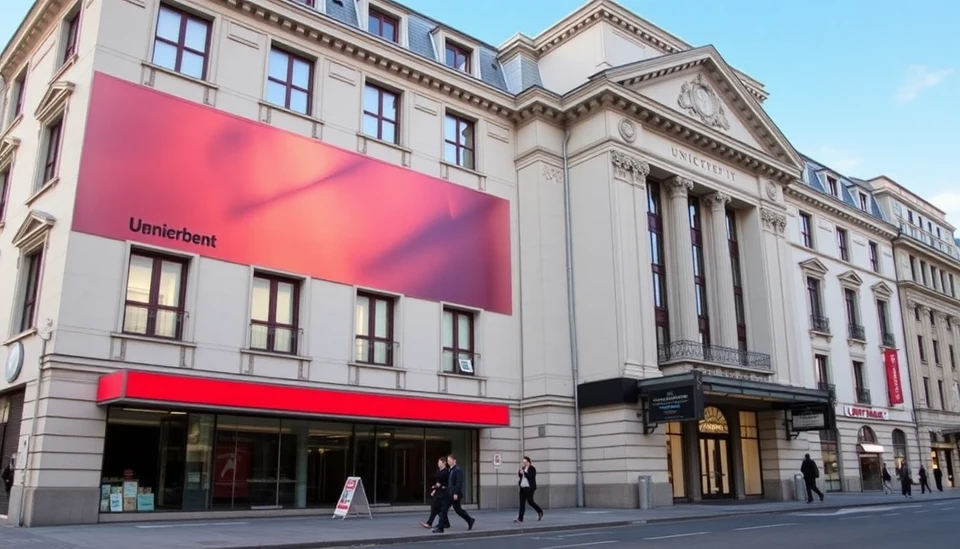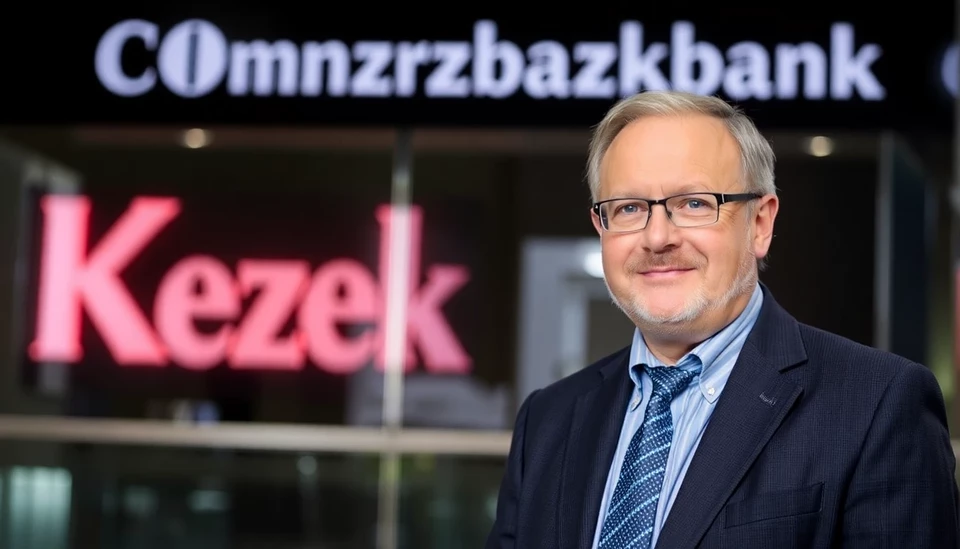
In a significant turn of events within Germany's banking landscape, Martin Knof, the former chief executive officer of Commerzbank AG, has been awarded a staggering €5.9 million (approximately $6.3 million) as a severance package for his expedited departure from the financial institution. This payout comes just under a year after Knof took the helm at Commerzbank, navigating the company through challenging waters amidst restructuring efforts.
Knof's exit was characterized as mutually agreed upon, signaling perhaps an acknowledgment of the mounting pressures faced by the bank under his leadership. Although his initial expectations when he took on the role included stamping a transformative approach to the organization, the rapid changes in market conditions and internal challenges may have necessitated a reevaluation of his tenure.
This severance deal, which corresponds to about 18 monthly salaries, aligns with market norms for high-ranking executives but also raises questions about corporate governance and the implications of such financial commitments in the banking sector. Critics point out that while leadership transitions are commonplace in major corporations, the financial arrangements surrounding those exits can often lead to scrutiny from shareholders and regulatory boards alike.
Knof’s arrival at Commerzbank marked an ambitious intention to revitalize the bank's operations, focusing on enhanced profitability and customer service innovation. Taking over in mid-2021, he inherited a complex legacy amid a backdrop of tightening regulations and evolving consumer expectations. However, as external factors such as inflation and geopolitical tensions began to exert pressure on the bank's profitability, Knof's strategies faced hurdles that could not be surmounted in the expected timeframe.
In a statement, Commerzbank highlighted the importance of ensuring a smooth transition during this pivotal moment in the bank's strategic repositioning. Current CEO, who will be succeeding Knof, has already begun to outline a refreshed vision for Commerzbank that aims to address the immediate challenges while also capitalizing on growth opportunities in evolving markets.
Such formative leadership changes often serve to recalibrate a company’s direction, with stakeholders keen to see whether the bank can pivot its strategies effectively under new governance. As Commerzbank embarks on this journey from Knof’s oversight, industry watchers will be keeping a close eye on how quickly the institution can adapt and thrive in an increasingly competitive banking environment.
The news of the hefty severance has prompted discussions on the appropriateness of golden parachute arrangements, especially in the context of recurring financial instability within major banks. Where is the line between incentivizing leadership and ensuring accountability? This case may fuel further dialogues on necessary reforms in executive compensation schemes within the banking sector.
As the story unfolds, stakeholders and consumers alike will be eager to see the results of this strategic pivot and what it indicates for the future of Commerzbank and its place within the larger European banking framework.
#Commerzbank #MartinKnof #BankingNews #SeverancePackage #CorporateGovernance #ExecutiveCompensation #LeadershipChange
Author: Samuel Brooks
